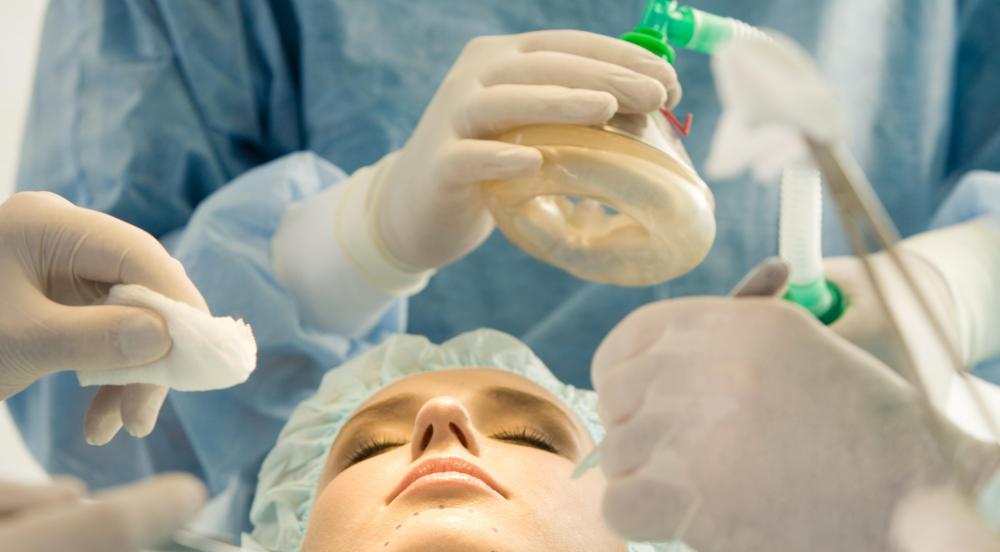At WiseGEEK, we're committed to delivering accurate, trustworthy information. Our expert-authored content is rigorously fact-checked and sourced from credible authorities. Discover how we uphold the highest standards in providing you with reliable knowledge.
What are Biopsies?
A biopsy is a medical test in which small samples of tissue, cells, or fluid are extracted from the body to be examined by a pathologist. A microscope is most often used when examining tissue, although fluid samples usually undergo a chemical analysis. The primary purpose of the tests is cancer detection. However, the tests can also reveal the presence of inflammatory and metabolic disorders. In addition, they can help determine the cause of infertility in men, as well as match donor tissue prior to an organ transplant.
There are several different types of procedures. In a percutaneous biopsy, a needle and syringe are used to capture fluid and cell samples. This procedure is also known as a Fine Needle Aspiration (FNA) and is commonly used to test a breast lump. Other types of exams performed when breast cancer is suspected include a Core Needle Biopsy and Vacuum Assisted Biopsy. In these procedures, tissue samples are collected from a solid mass in a core needle and, if multiple samples are needed from the same site, a special vacuum technique is applied.

Surgical, or open biopsies are performed under anesthesia in a hospital, usually in the operating room. During this procedure, the entire mass or a large portion thereof is surgically removed for analysis. A variation of this procedure is the closed exam, in which a small incision is made and a tiny camera is inserted for visual exploration of the site. This helps the surgeon to pinpoint the best location from which to take a sample.

Sometimes, these tests can be performed without having to go under anesthesia and a knife. In fact, most skin biopsies are done in a doctor’s office or clinic on an outpatient basis. When basal cell carcinoma is suspected, the site may be sampled by fine needle aspirate, or by collecting epidermal cells in a curettage biopsy. However, small melanomas are best diagnosed by excisional biopsy, in which the entire mass is incised and extracted.

There are generally few side effects or risks involved with biopsies beyond preventing infection at the site. However, excessive bleeding can be of concern. For this reason, it is important to inform the clinician of all medications that are being taken, including herbs and other dietary supplements. In fact, it may be necessary to temporarily cease taking these agents to reduce the risk of bleeding. That’s because some substances thin the blood, including many herbs, Warfarin (coumadin), and aspirin.
AS FEATURED ON:
AS FEATURED ON:


















Discussion Comments
I just had a prostat biopsy; this is actually my third biopsy. In the first two there was blood in my urine. This time there is none. Should I be concerned.
Post your comments